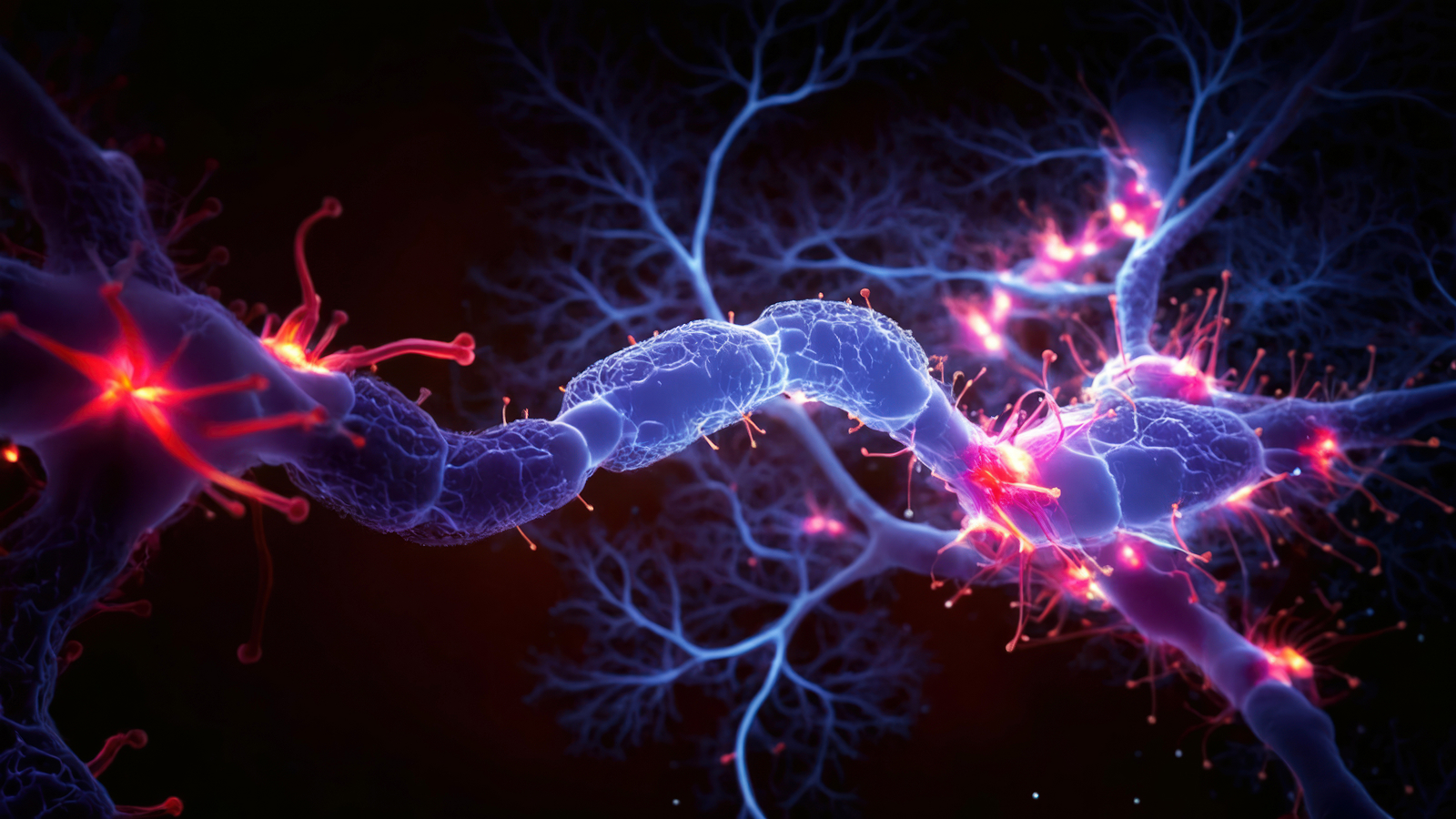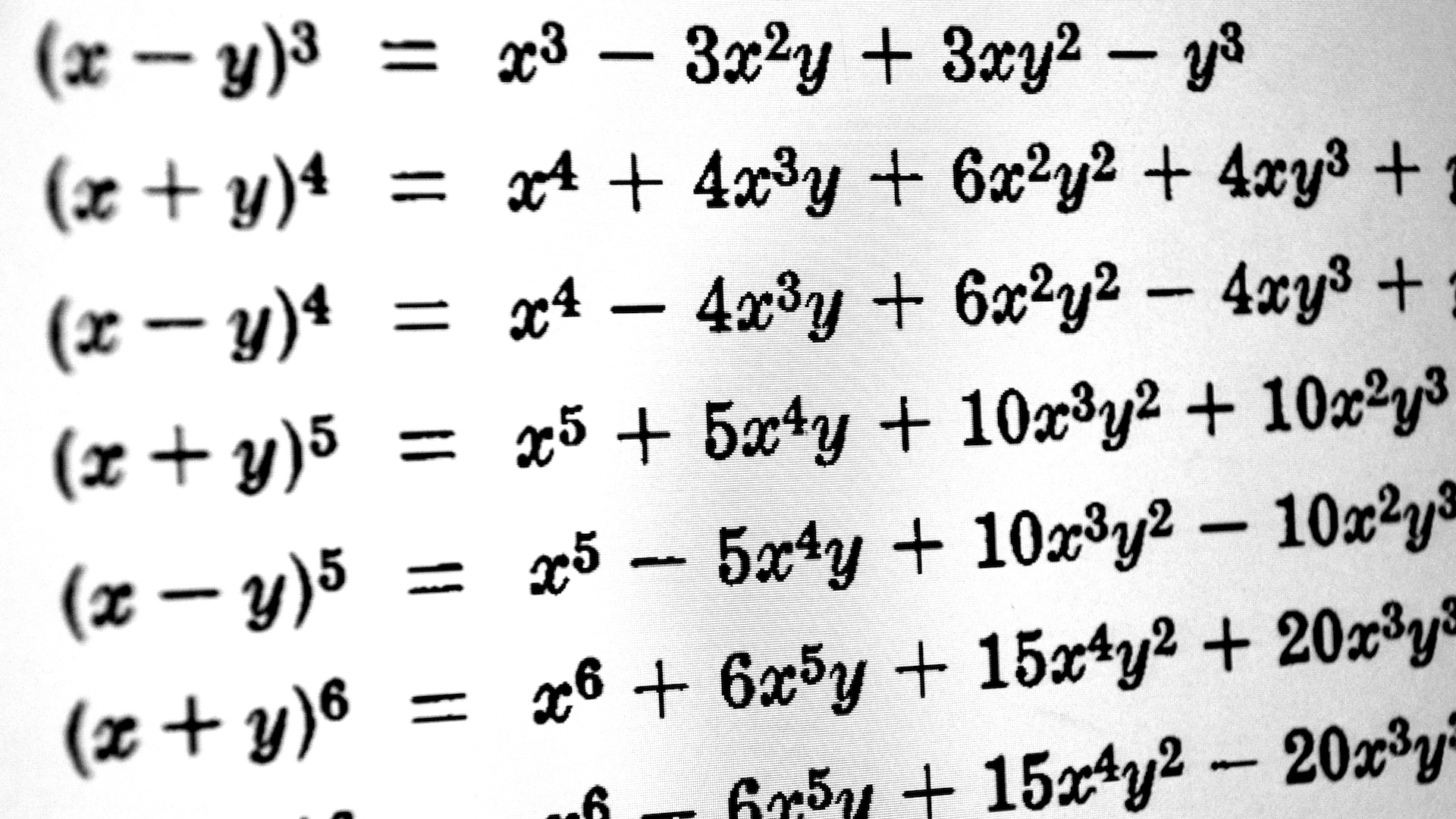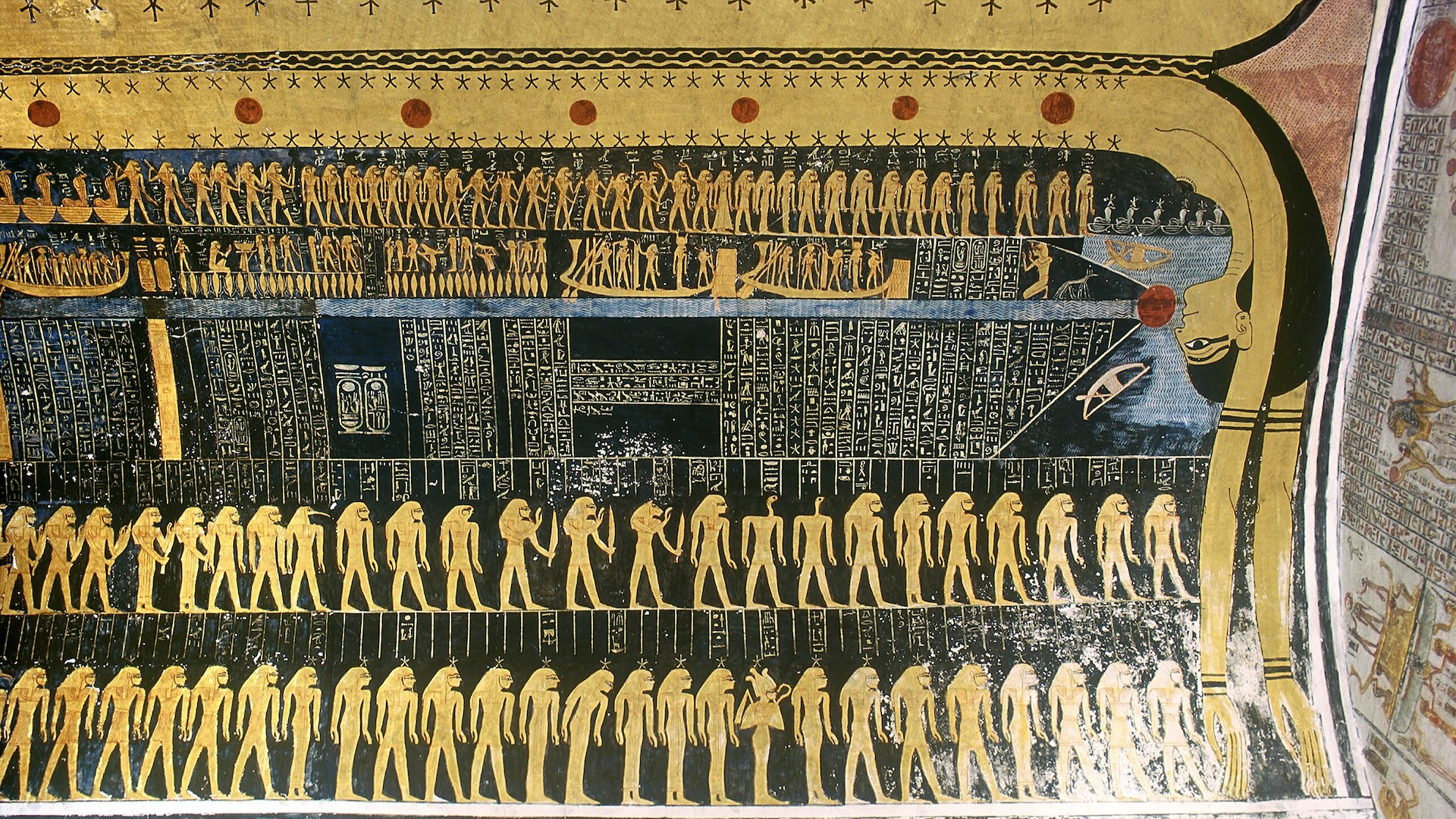Fast Food Makes Us Impatient, Study Suggests
Can't wait an extra 30 seconds for your computer to boot up or an e-mail to get a response? Fast food could be partly to blame, a new study suggests.
Over the last few decades fast food has become a multibillion dollar industry that has widespread influence on what and how we eat, the researchers say. The original idea behind fast food was to increase efficiency, allowing people to quickly finish a meal so they can move on with the rest of their day.
"Fast food represents a culture of time efficiency and instant gratification," said study researcher Chen-Bo Zhong of the University of Toronto, Rotman School of Management. "The problem is that the goal of saving time gets activated upon exposure to fast food regardless of whether time is a relevant factor in the context."
For example, Zhong said, "Walking faster is time efficient when one is trying to make a meeting, but it's a sign of impatience when one is going for a stroll in the park."
It's this general sense of haste, regardless of context, that the new research suggests fast food could promote.
In one experiment, the researchers flashed fast food symbols, such as the golden arch of McDonald's, on a computer screen for a few milliseconds, so quick that participants couldn't consciously identify what they saw.
In a subsequent task, those who had been exposed to the symbols read faster than participants not exposed to fast food, even when there was no advantage to finishing sooner. In another study, participants who recalled a time when they ate at a food restaurant subsequently preferred time-saving products, such as a two-in-one shampoo, over regular products.
Sign up for the Live Science daily newsletter now
Get the world’s most fascinating discoveries delivered straight to your inbox.
A final experiment found people exposed to fast food logos exhibited greater reluctance for saving, choosing a smaller immediate payment rather than opting for a much larger delayed payment.
"Fast food is one of many technologies that allow us to save time,"said study researcher Sanford DeVoe. "But the ironic thing is that by constantly reminding us of time efficiency, these technologies can lead us to feel much more impatience."
The result, DeVoe said is that leisure activities meant to be relaxing can become spoiled by impatience.
The researchers point out that it's impossible to know whether fast food in part caused the value for time efficiency in our culture or is merely a consequence of it. But they say the findings do suggest exposure to fast food reinforces an emphasis on impatience and instant gratification.
"Given the role that financial impatience played in the current economic crisis, we need to move beyond counting calories when we examine the consequences of fast food as it is also influencing our everyday psychology and behavior in a wider set of domains than has been previously thought," Zhong said.
The study will be detailed in a forthcoming issue of the journal Psychological Science.
- 10 Ways to Keep Your Mind Sharp
- 7 Solid Health Tips That No Longer Apply
- Top 10 Good Food Gone Bad










